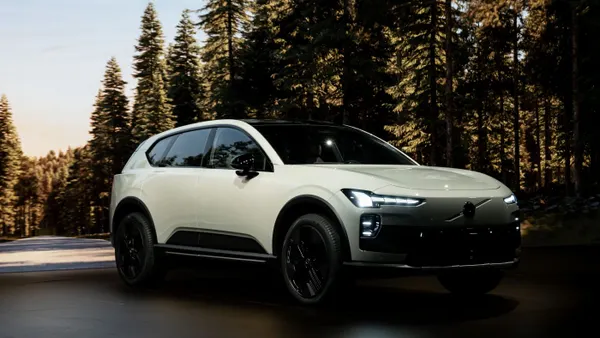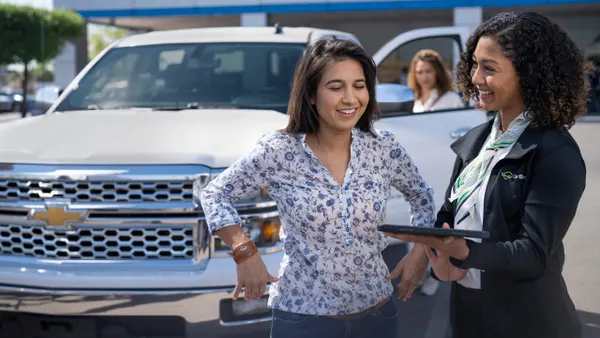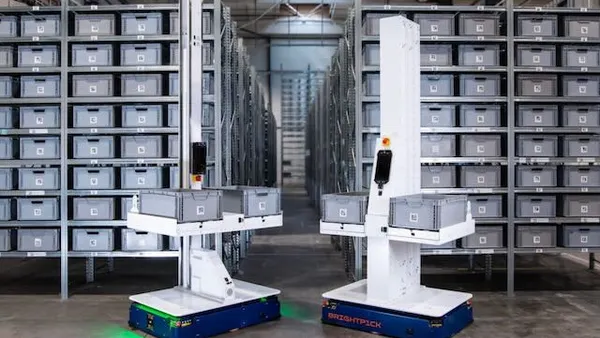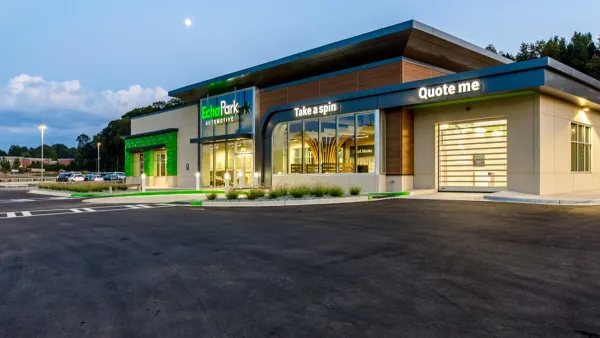Editor's note: This story is part of the WardsAuto digital archive, which may include content that was first published in print, or in different web layouts.
Just a week after California’s regulators gave the green light to General Motors’ Cruise to run commercial robo-taxi services in San Francisco, another state body has told the company to halve its fleet over safety concerns.
The California Department of Motor Vehicles (DMV) has said it is investigating “recent concerning incidents” involving autonomous vehicles operated by Cruise in the Golden Gate city, Reuters reports. Its statement came after a Cruise robo-taxi was involved in a crash with an emergency vehicle in San Francisco, the latest accident involving the driverless vehicles.
The regulator said it has asked Cruise to immediately reduce its active fleet of vehicles by 50% until the investigation is complete and Cruise takes steps to improve road safety, something the company has agreed to action.
Cruise said one of its cars “entered the intersection on a green light and was struck by an emergency vehicle that appeared to be en route to an emergency scene” after 10pm. In a statement issued shortly after the collision, the company claimed its vehicle “did identify the risk of a collision and initiated a braking maneuver, reducing its speed but was ultimately unable to avoid the collision”.
Initial investigation shows the collision occurred when a fire truck was operating in an emergency with its forward-facing red lights and siren on, the San Francisco Police Department said in a statement to Reuters. The police said the sole passenger in the driverless car was transported to a local hospital with non-life-threatening injuries. “The DMV reserves the right, following investigation of the facts, to suspend or revoke testing and/or deployment permits” if it is determined to be an unreasonable risk to public safety, the regulator said in a statement.
After the accident, city Attorney David Chiu asked the California Public Utilities Commission (CPUC), which had granted robo-taxi service licenses to both Cruise and Waymo last week, to halt its decision while the city files for a re-hearing. In a statement he said: “We have seen that this technology is not yet ready and poor AV performance has interfered with the life-saving operations of first responders. San Francisco will suffer serious harms from this unfettered expansion.”
— Paul Myles is a seasoned automotive journalist based in Europe. Follow him on Twitter @Paulmyles_ and Threads










